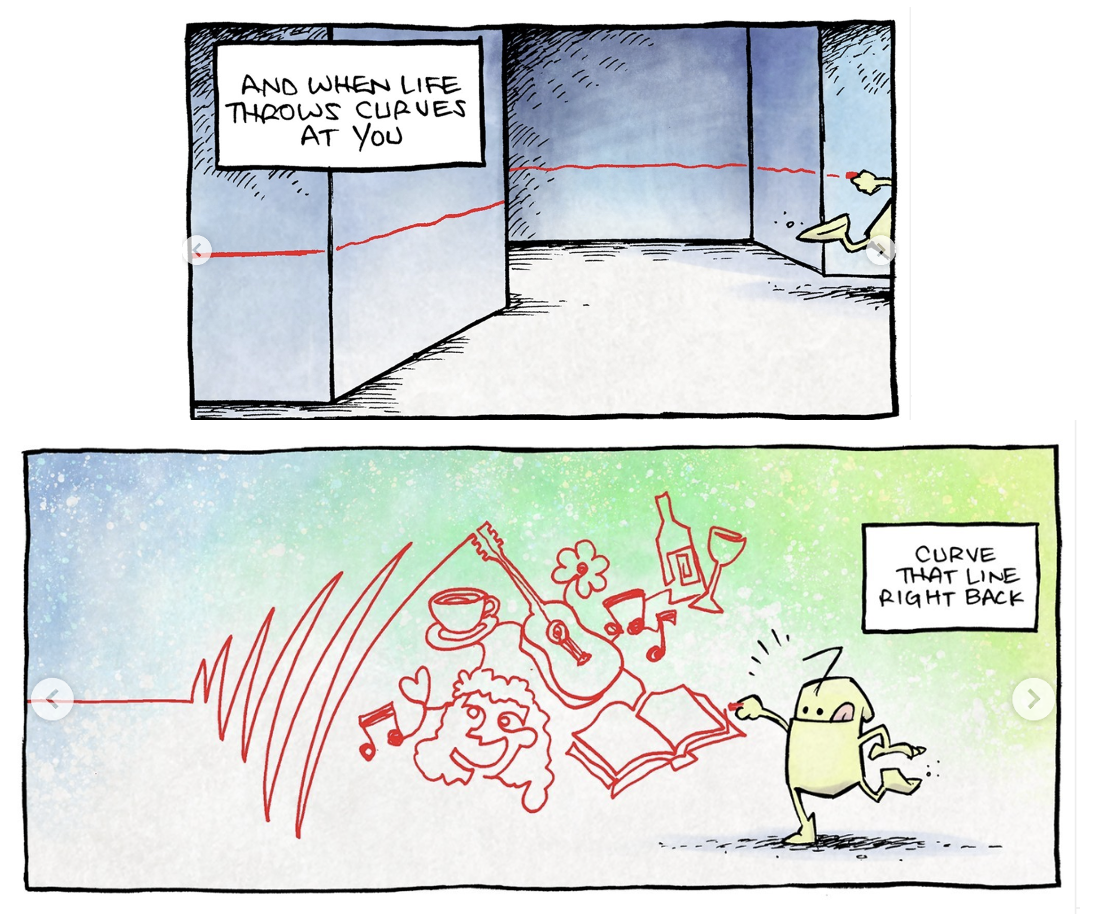Weak Ends
As many of us approach the long weekend, I like this concept by writer Austin Kleon: I am no longer weakened by the weekend.
He shares how he changed his weekend approach. Before, he despised weekends because it was just a glorified gap between work. And then he’d feel guilty that his free time should have been used on purpose higher than having fun. He was afraid of leisure.
So he switched it up. No more overstuffing. Less intensity. More space.
He writes: “The weekend begins with Friday night pizza and a movie with the boys. Saturday morning, I still got up pretty early, and I still wrote in my diary. But afterwards, I just puttered around, read books, played piano, went for a walk, messed around in the yard, etc. My eight-year-old and I finally watched Star Wars and chased it with some Donkey Kong. Sunday, I read the paper and called my mom and laid in a hammock and read while the boys got their screen time.”
Truly a restorative end of the week. Food for thought: are you feeling weak at the end of your weekend? Or can they shift to something more restful?







